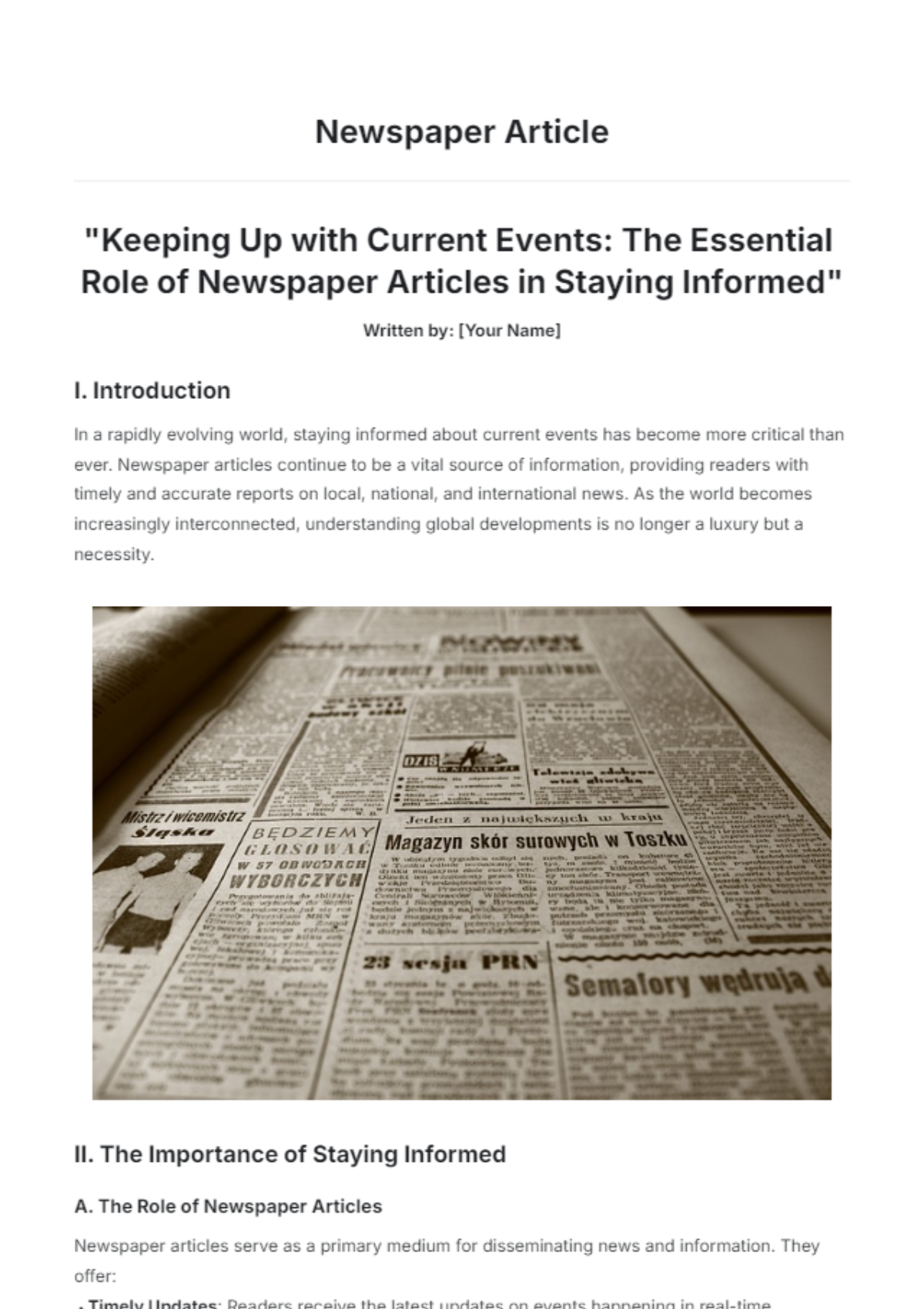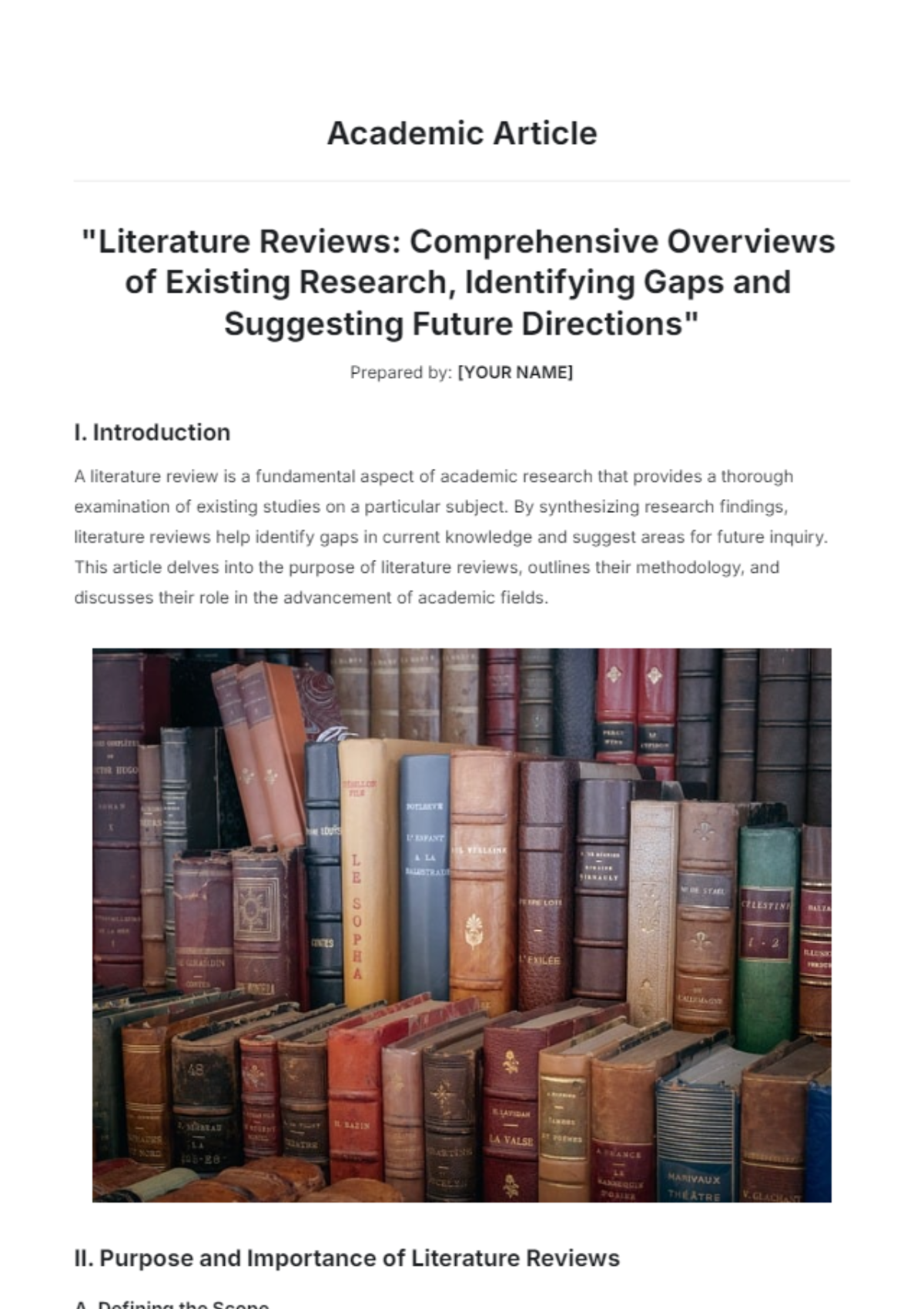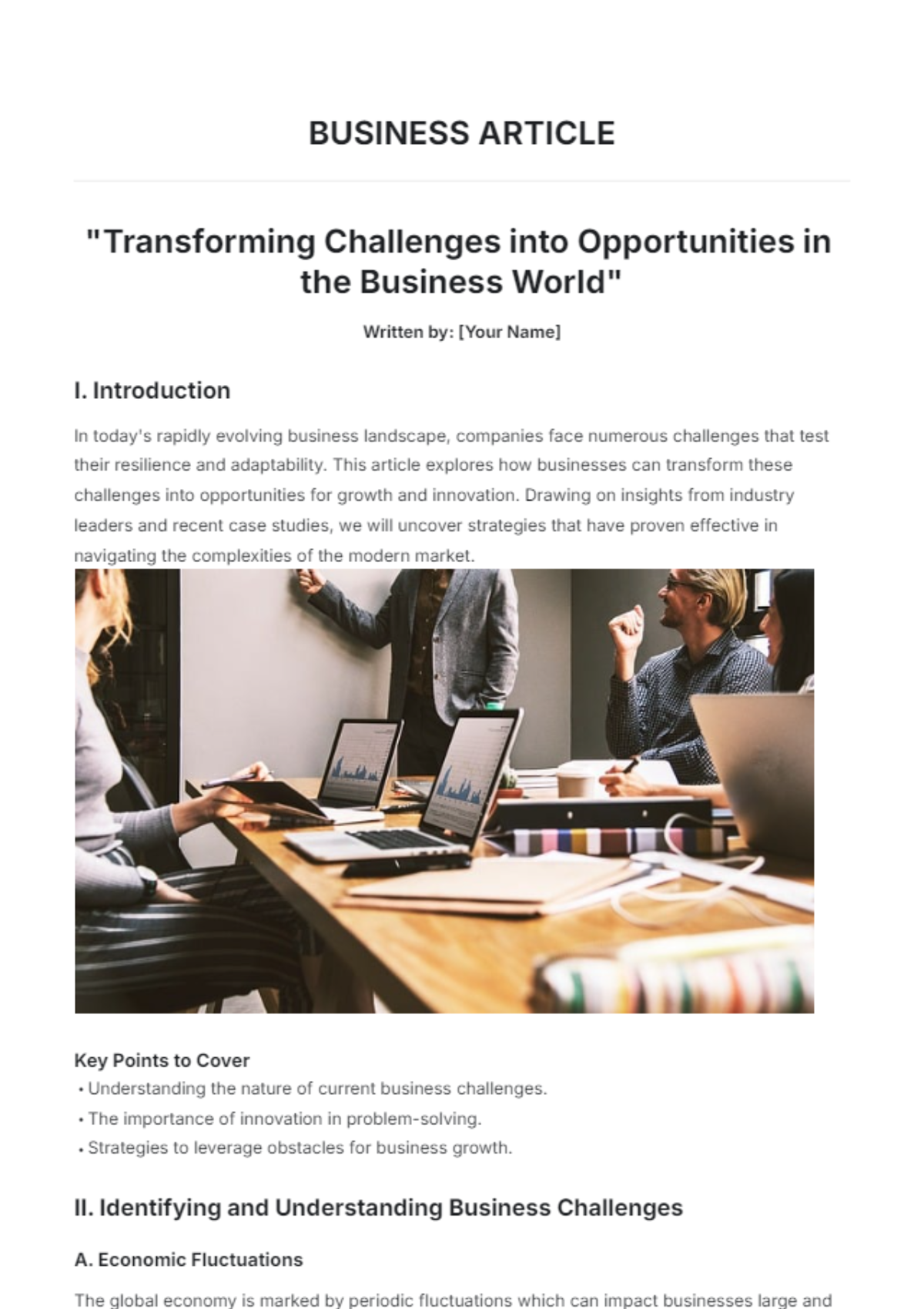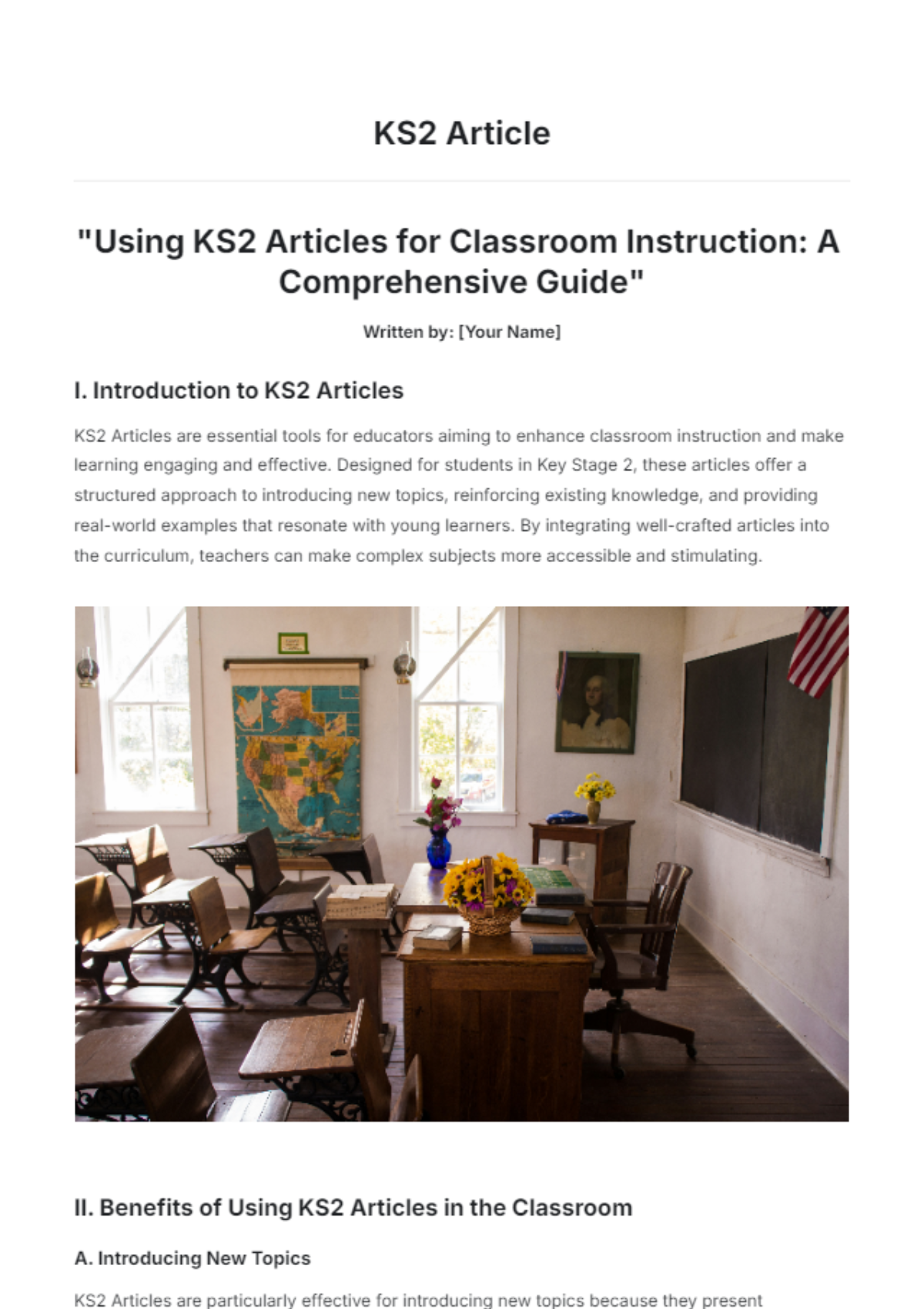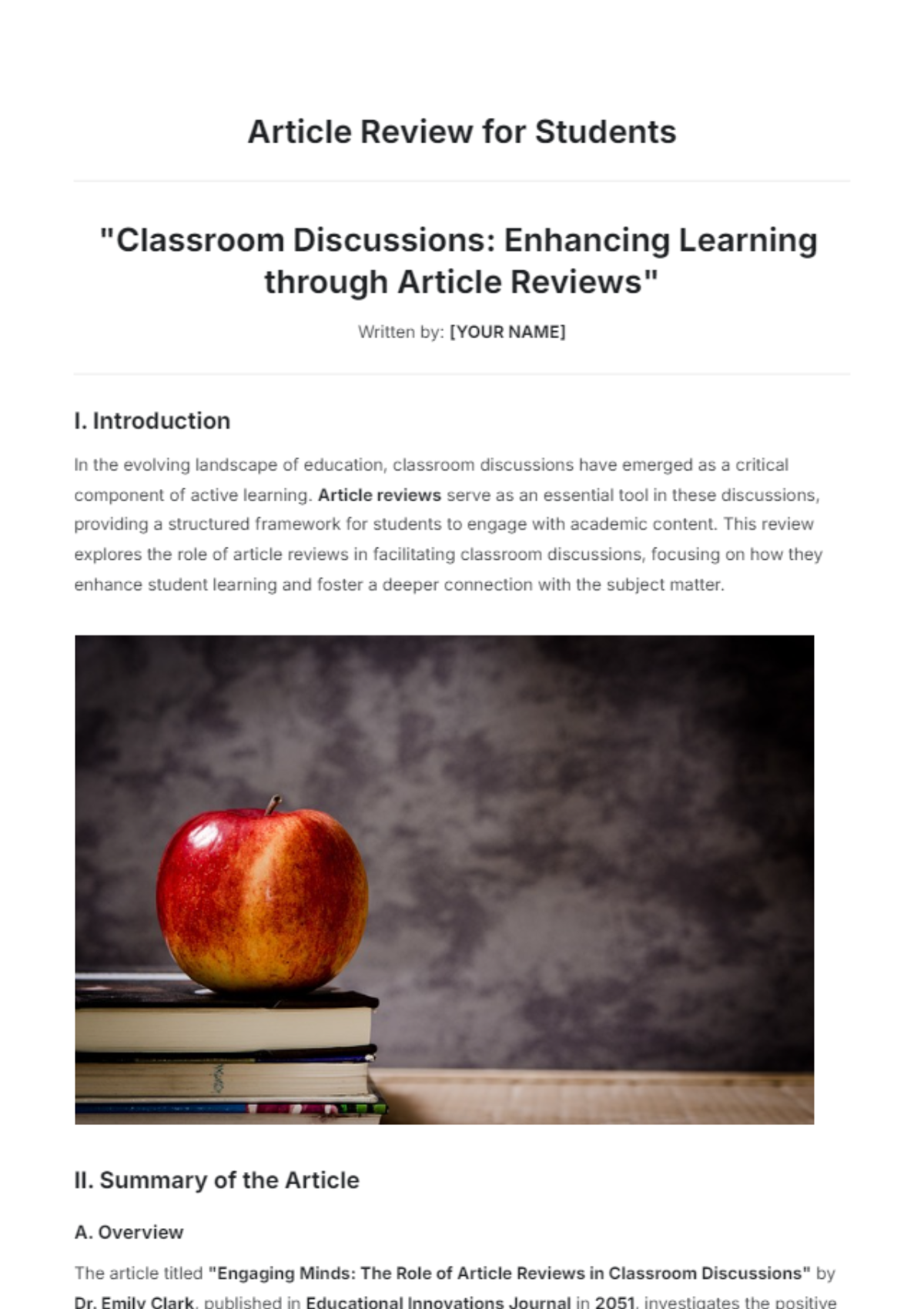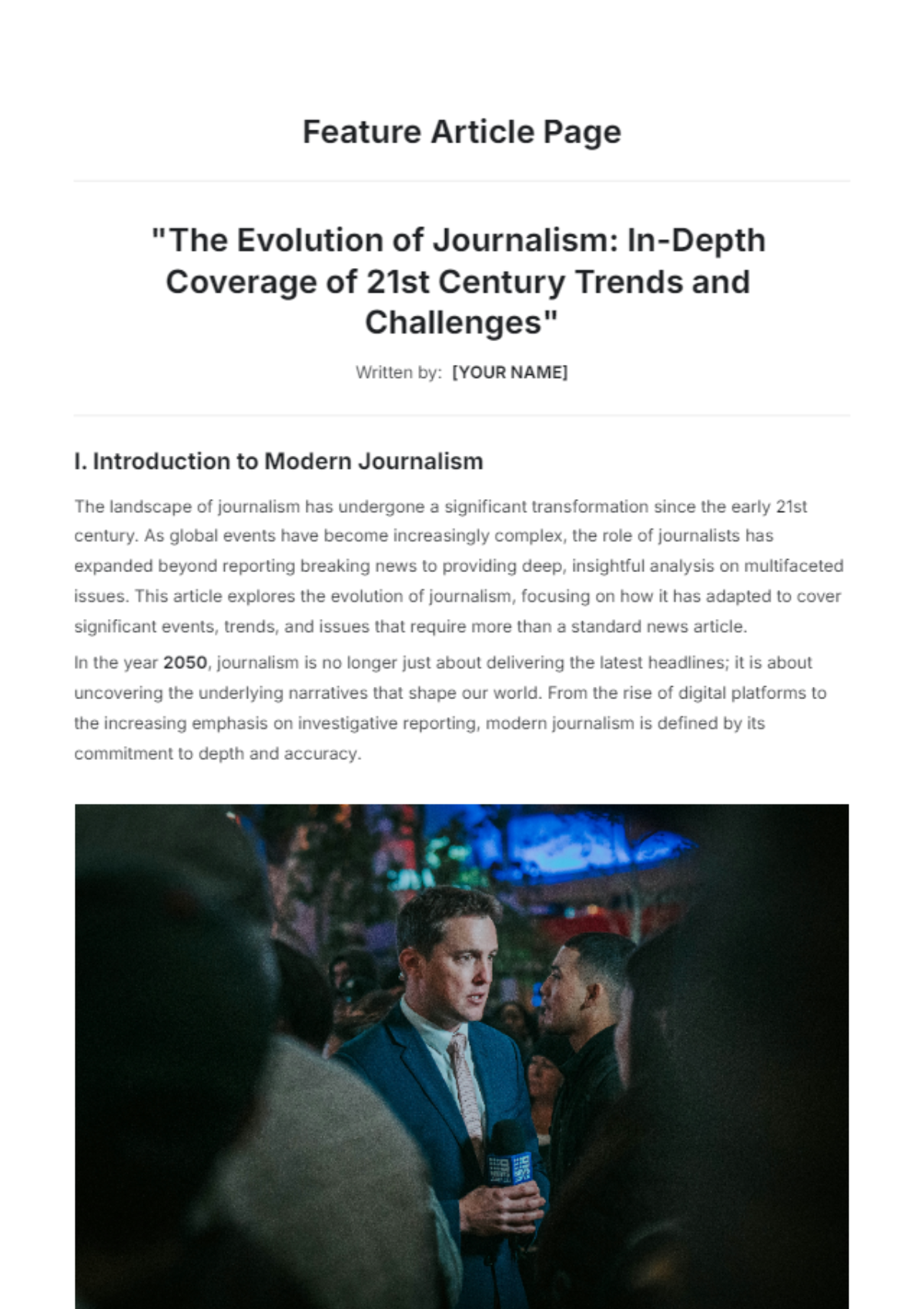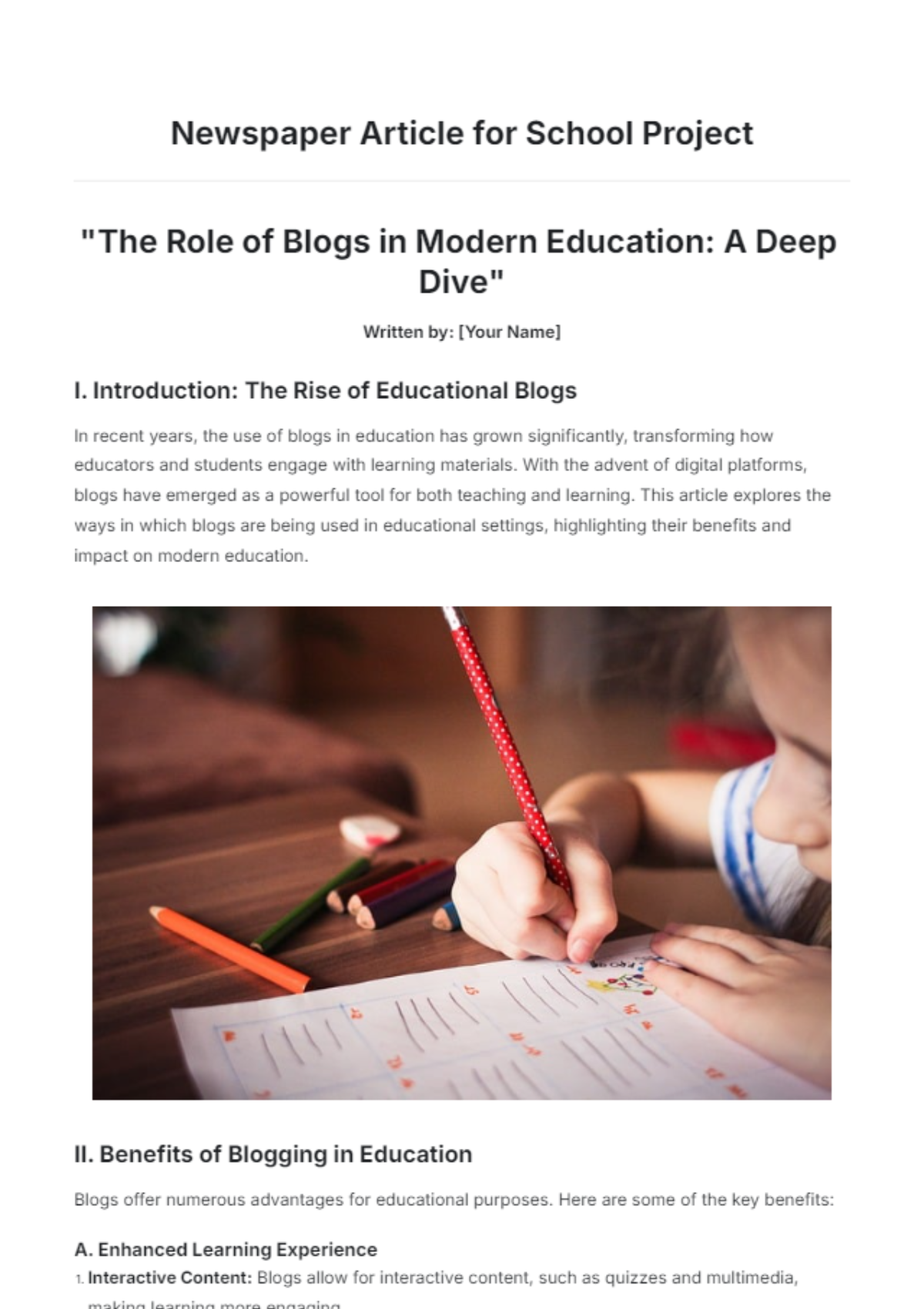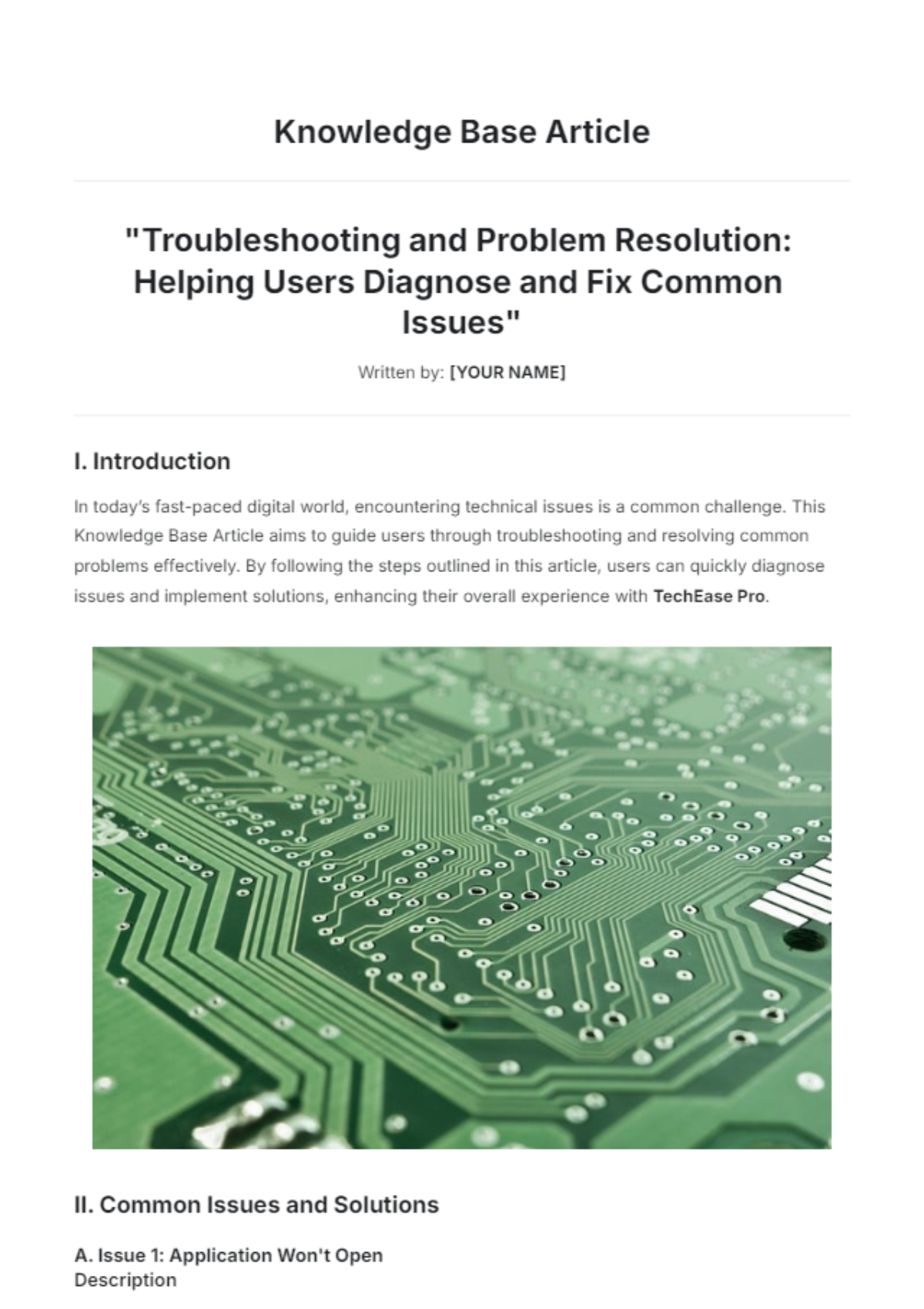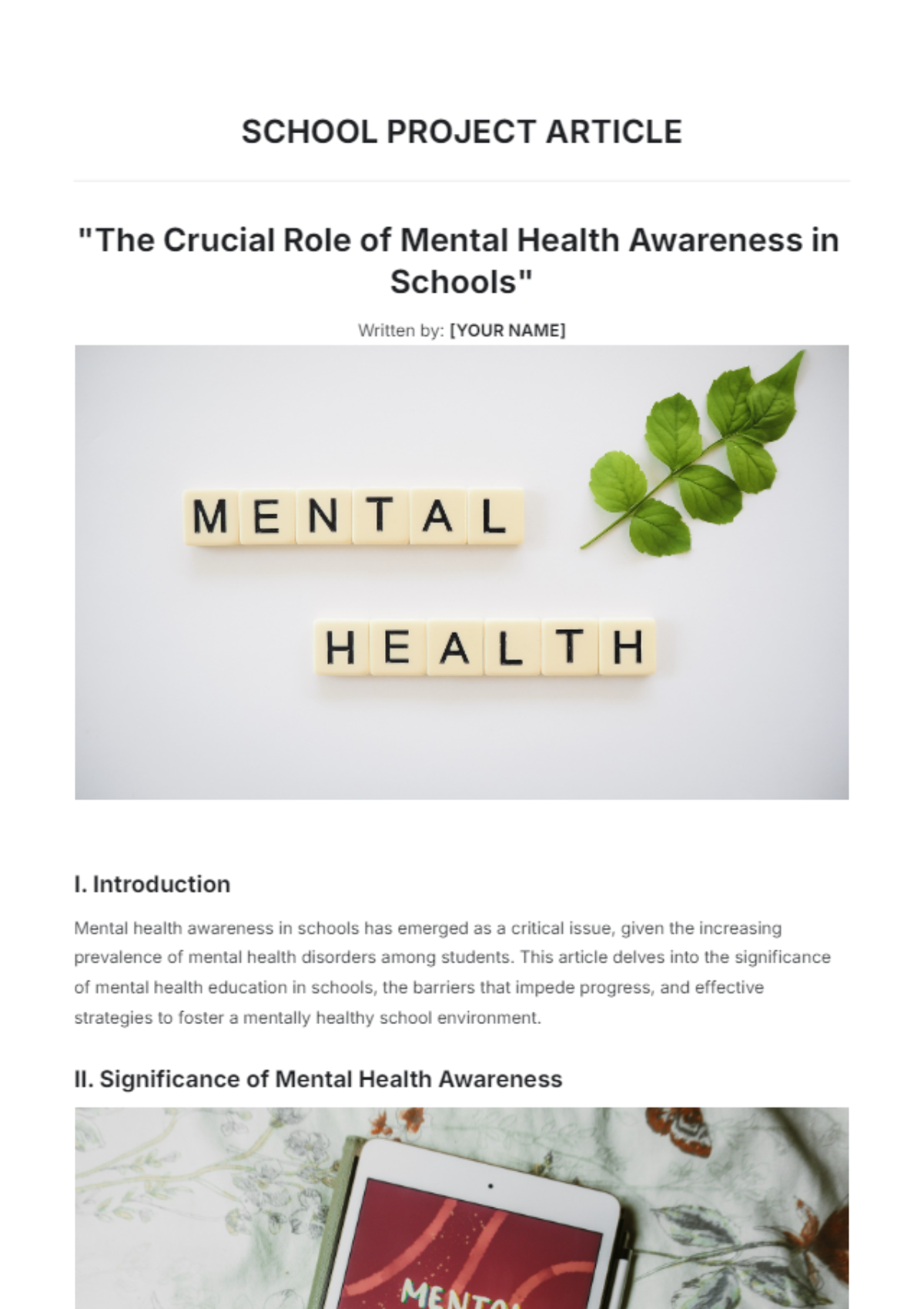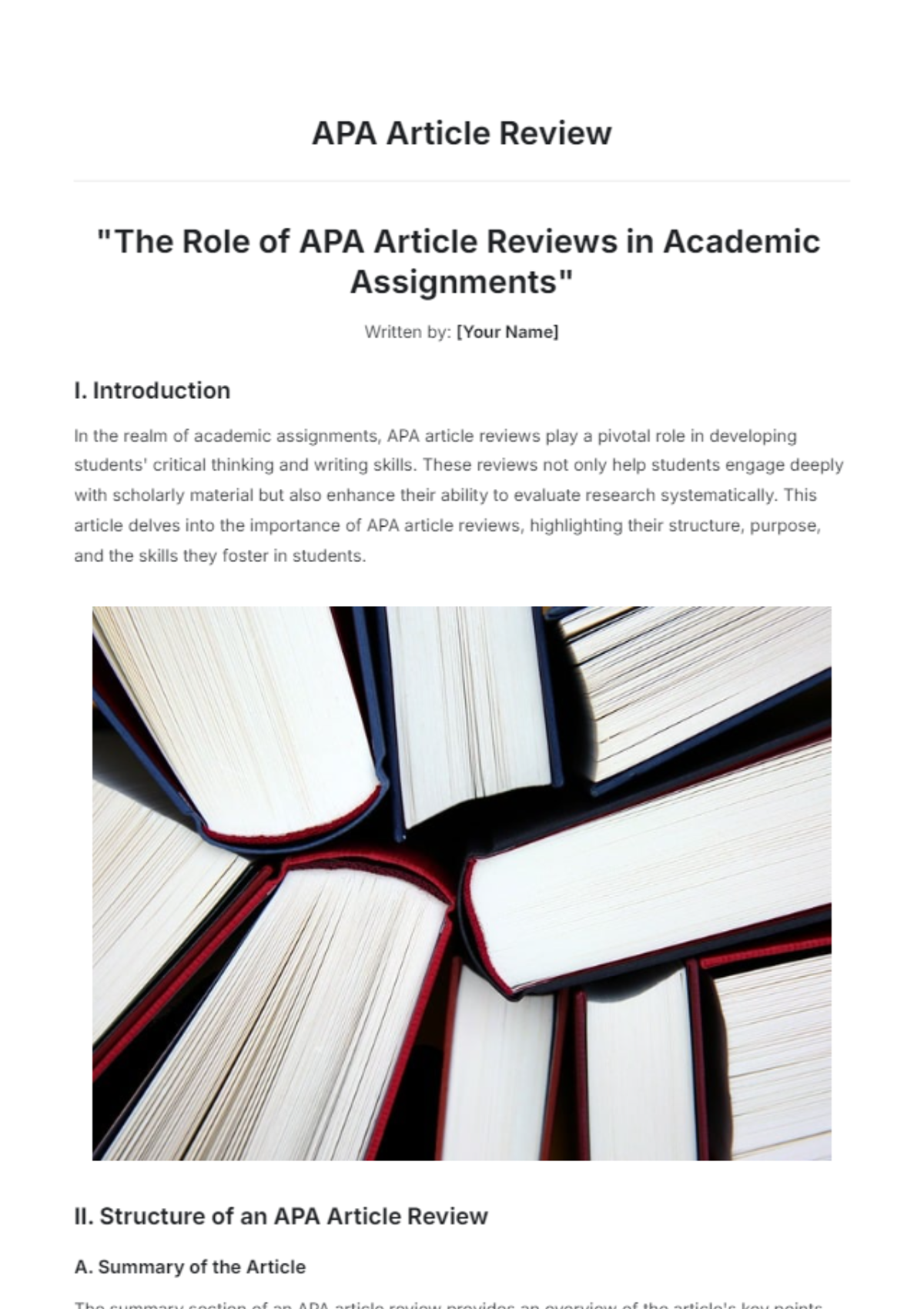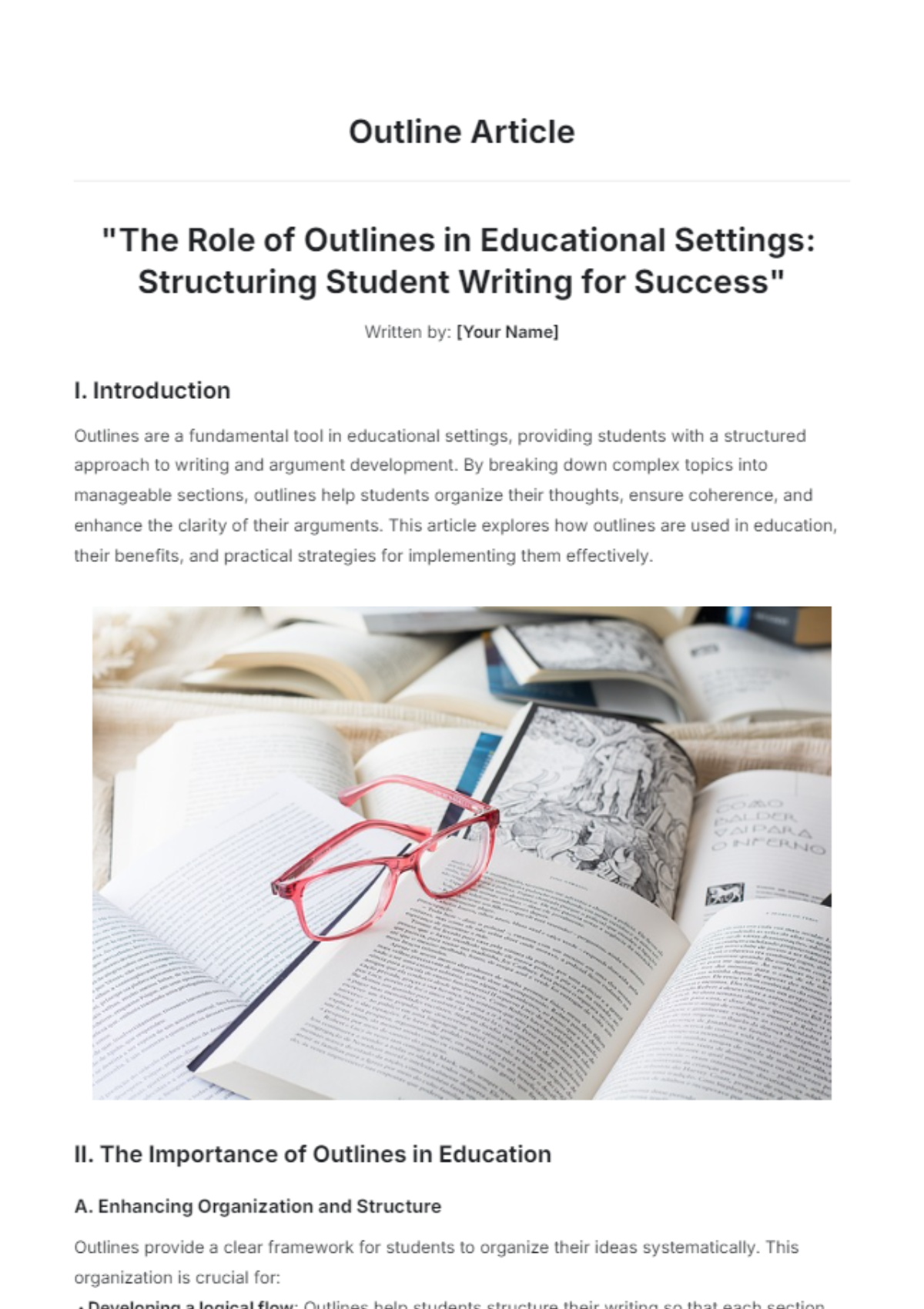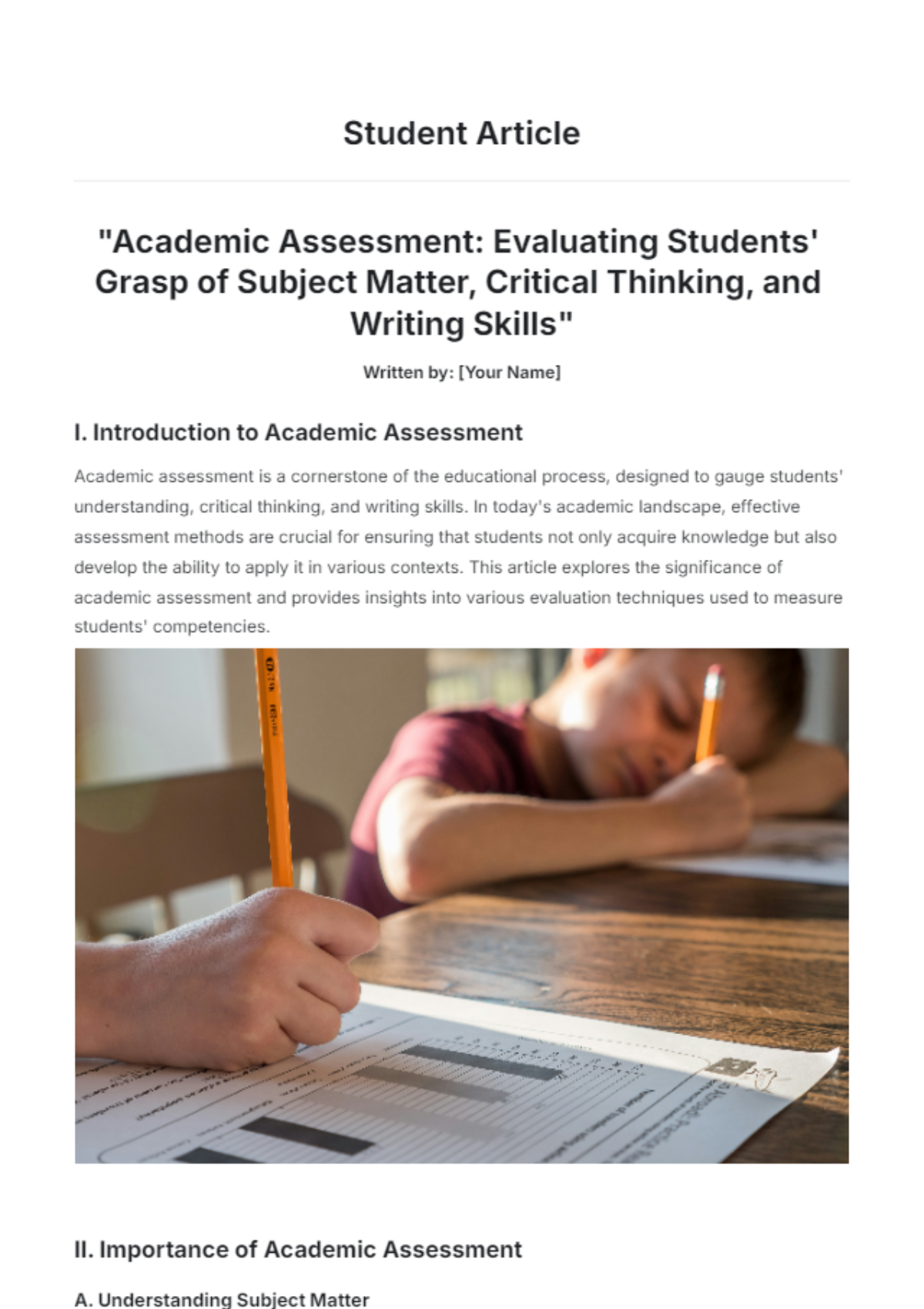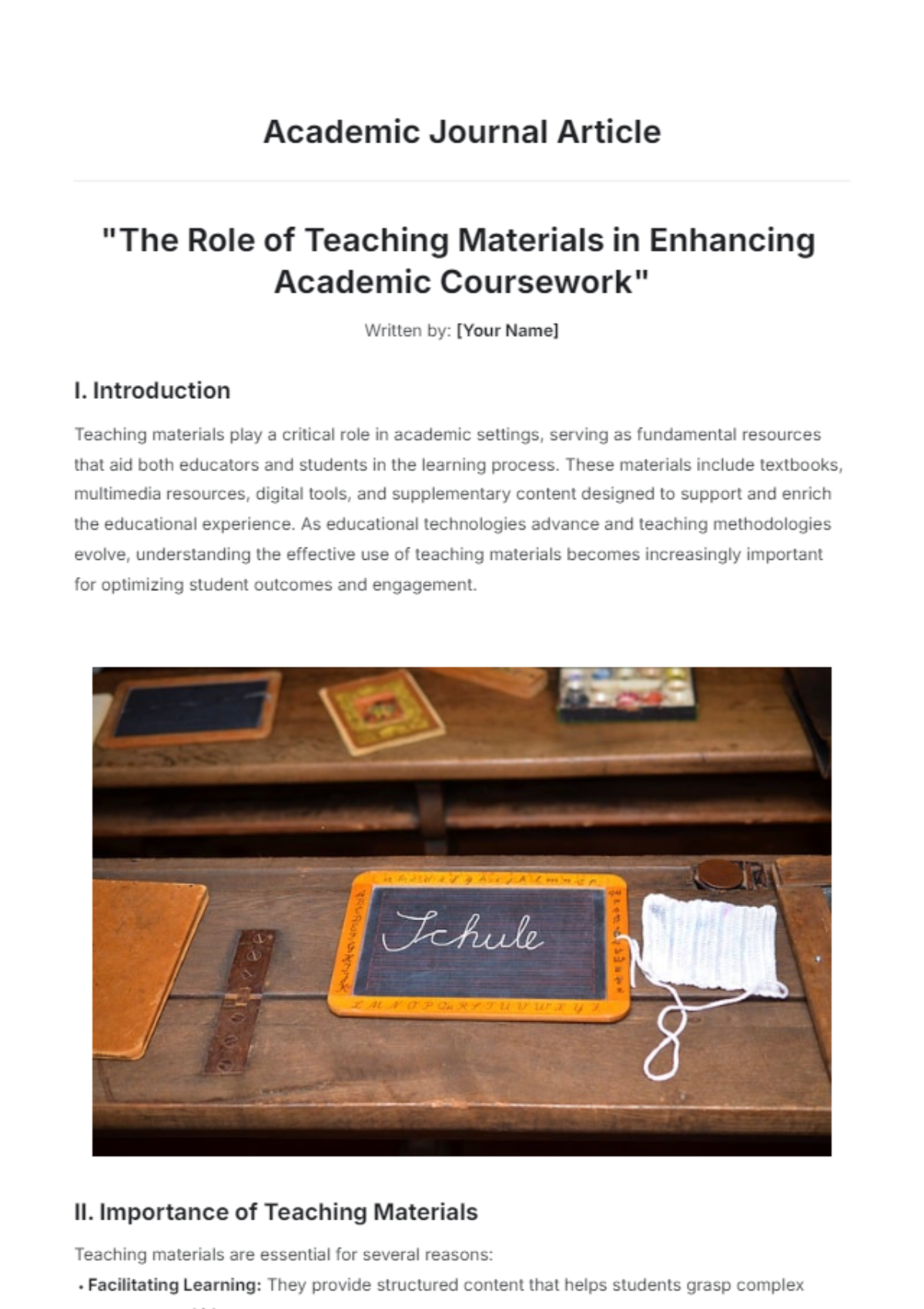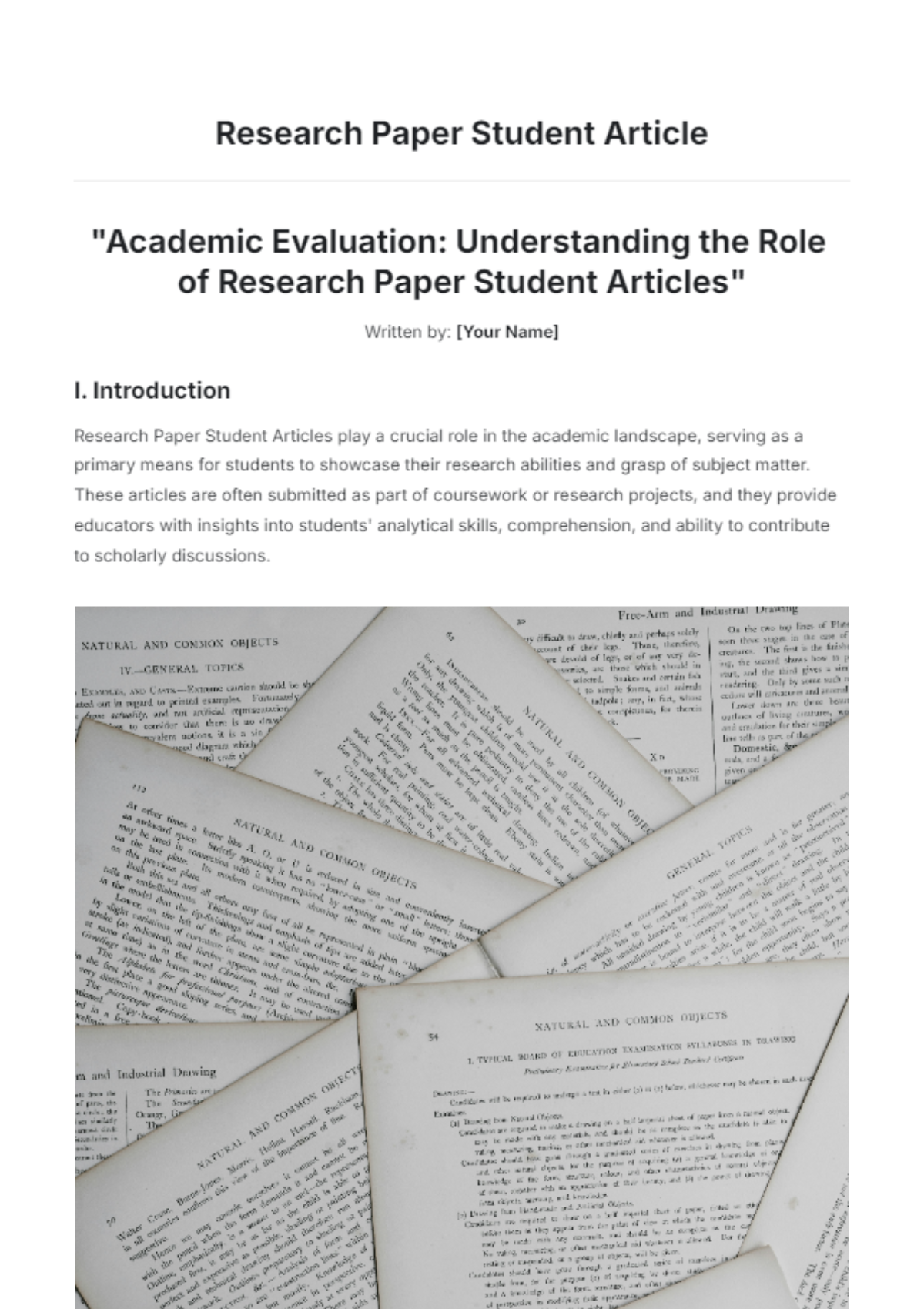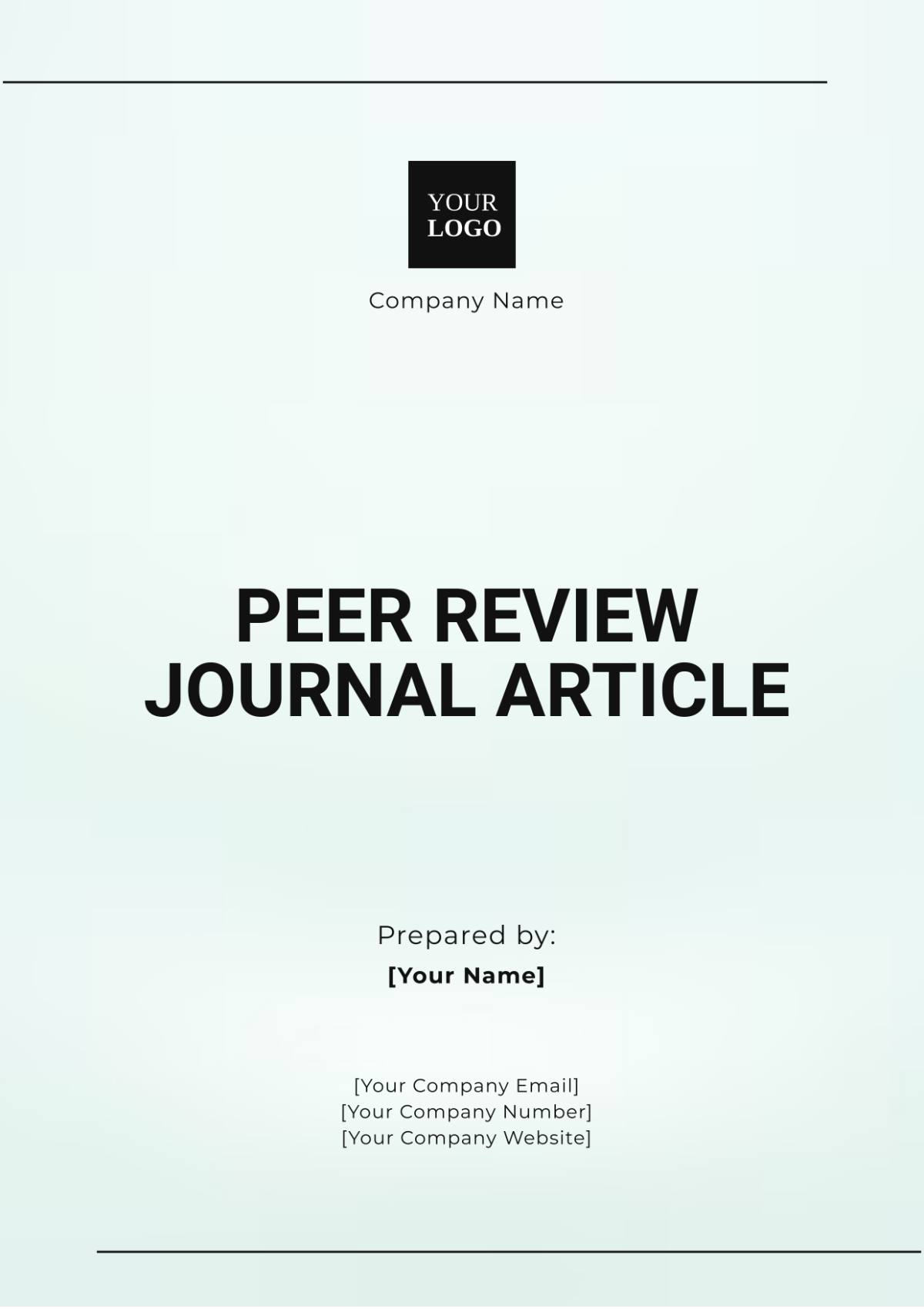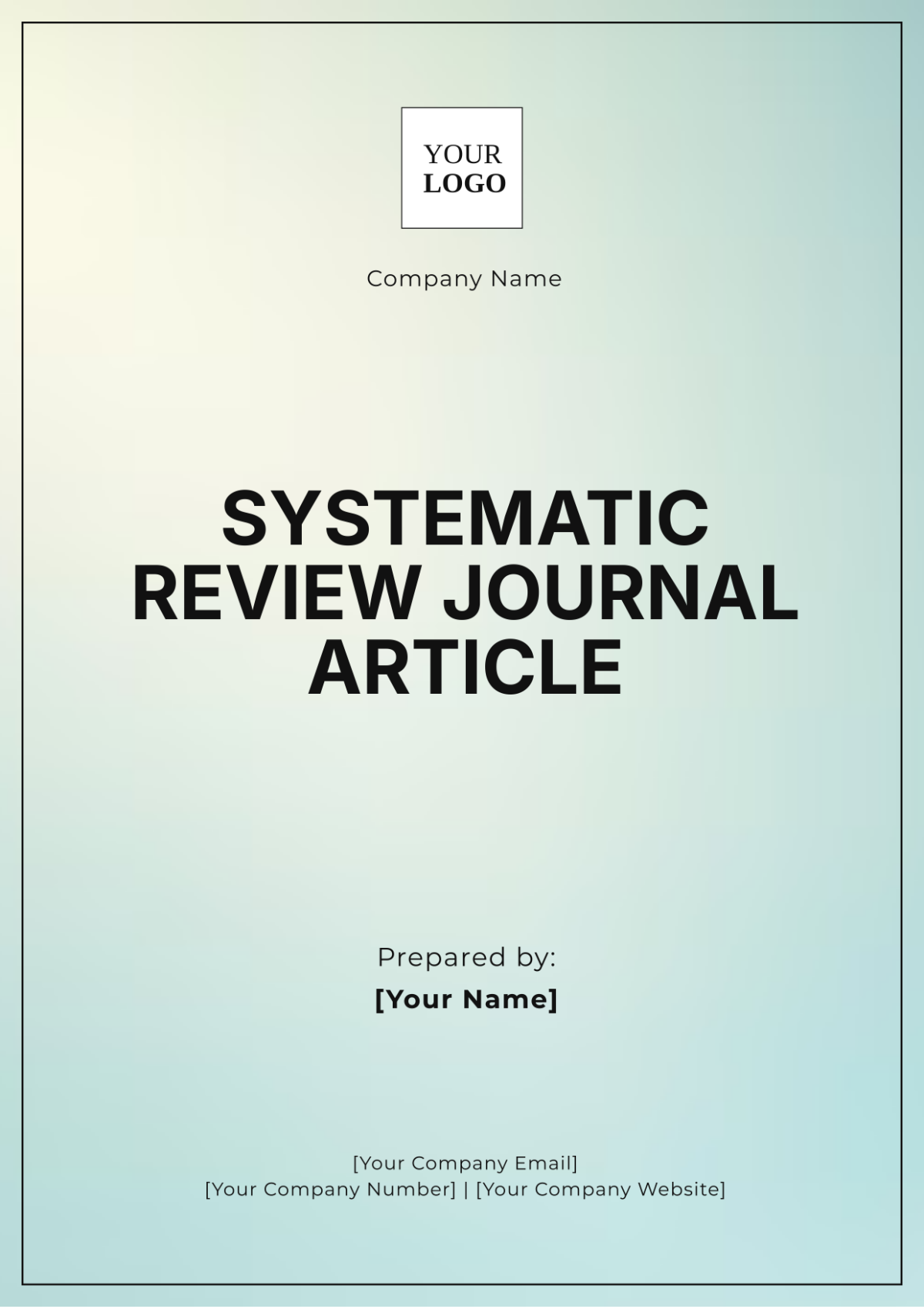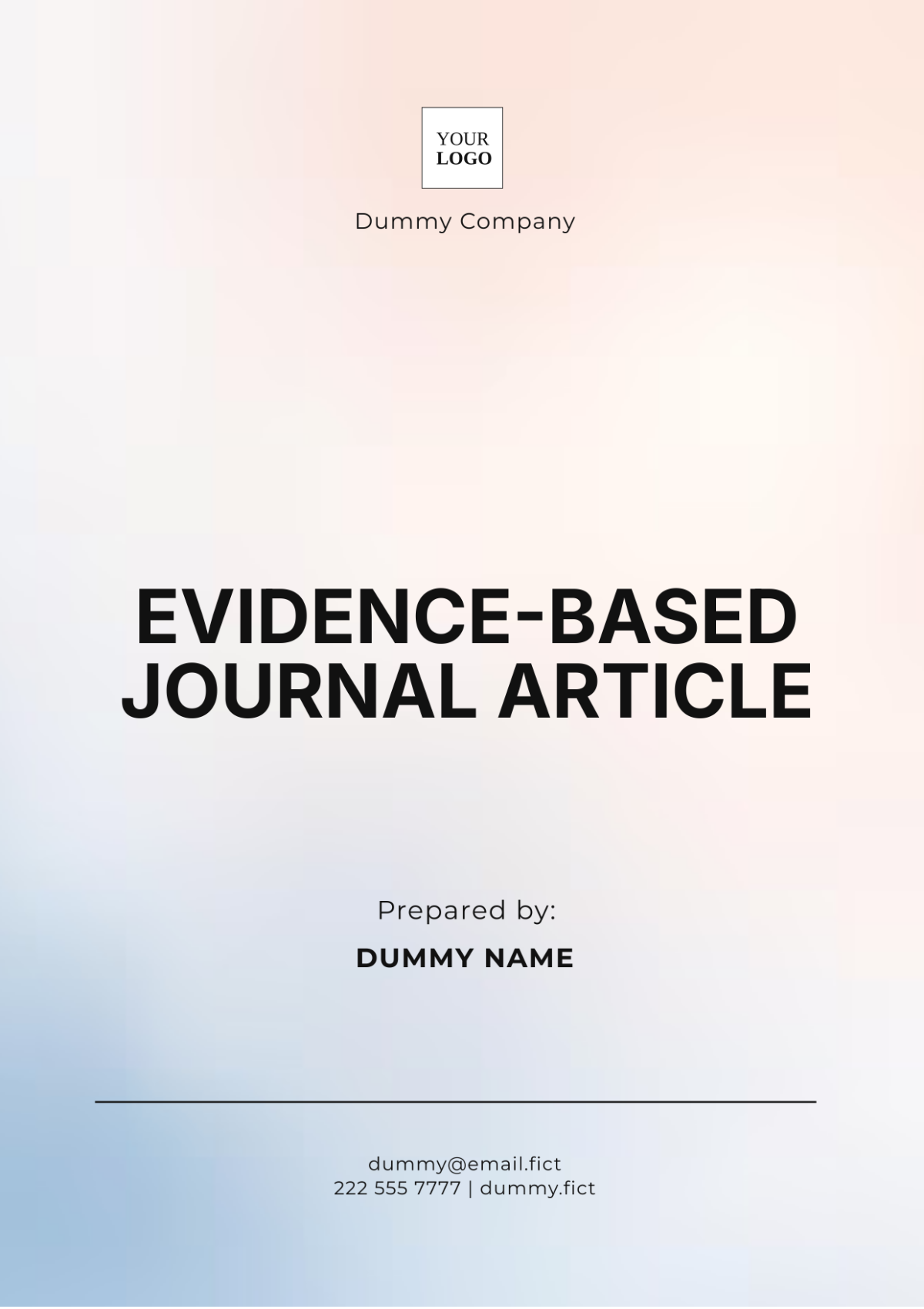ARGUMENTATIVE ARTICLE
"Debating the Pros and Cons of Online Learning"
Prepared by: [Your Name]
I. Introduction

Online learning has become increasingly popular in recent years, offering flexibility and accessibility to students around the globe. However, this shift towards digital education also raises important questions about its effectiveness and impact on traditional learning environments. In this argumentative article, we explore the pros and cons of online learning, examining both sides of the debate to better understand its implications for education.
II. The Benefits of Online Learning
A. Flexibility and Convenience
Online learning allows students to access course materials and lectures at their own convenience, making it ideal for those with busy schedules or other commitments.
With no need to commute to a physical classroom, online learners have the flexibility to study from anywhere with an internet connection, saving time and money.
B. Diverse Learning Opportunities
Online learning platforms offer a wide range of courses and programs, allowing students to explore diverse subjects and specialties that may not be available locally.
From specialized certifications to degree programs from prestigious universities, online learning opens doors to new learning opportunities for students worldwide.
C. Personalized Learning Experience
Online learning platforms often employ adaptive learning technologies and personalized learning algorithms to tailor educational content to each student's needs and learning style.
By providing individualized feedback and targeted resources, online learning can enhance the learning experience and improve student outcomes.
III. Challenges of Online Learning
A. Lack of Interpersonal Interaction
One of the primary criticisms of online learning is the lack of face-to-face interaction between students and instructors.
Without the opportunity for in-person discussions, group projects, and hands-on activities, some students may struggle to stay engaged and motivated in an online learning environment.
B. Digital Divide and Accessibility Issues
Online learning requires access to reliable internet connections and digital devices, which may present barriers for students from low-income or rural communities.
Additionally, individuals with disabilities may encounter accessibility challenges with online learning platforms, limiting their ability to fully participate in digital education.
C. Quality Control and Academic Integrity
Ensuring the quality of online courses and assessments can be challenging, as instructors must adapt teaching methods and evaluation strategies for digital delivery.
Academic integrity issues, such as cheating and plagiarism, may also arise in online learning environments, requiring institutions to implement robust measures to uphold academic standards.
IV. Finding a Balance
A. Blended Learning Models
Blended learning combines online and traditional classroom instruction, offering the benefits of both approaches while mitigating their respective limitations.
By incorporating online components into traditional courses, educators can enhance flexibility and access while maintaining opportunities for face-to-face interaction and hands-on learning.
B. Continuous Improvement and Innovation
To address the challenges of online learning and maximize its benefits, institutions must prioritize continuous improvement and innovation in digital education.
Investing in professional development for educators, refining online course design, and leveraging emerging technologies can enhance the effectiveness and accessibility of online learning experiences.
V. Conclusion
Online learning presents both opportunities and challenges for education in the digital age. While it offers flexibility, accessibility, and personalized learning experiences, it also raises concerns about interpersonal interaction, accessibility, and academic integrity. By critically examining the pros and cons of online learning and exploring strategies for improvement, educators and policymakers can ensure that digital education continues to evolve to meet the needs of diverse learners in an increasingly interconnected world.
About the Author
[Your Name] is an experienced educator and advocate for innovative learning approaches. With a background in Education Technology, [Your Name] is passionate about exploring the intersection of technology and education. Connect with [Your Name] for more insights on online learning and educational trends.









